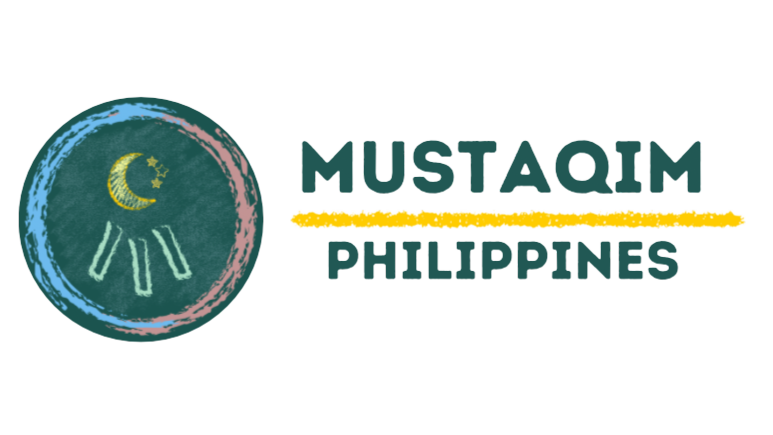Vaccine hesitancy is one of the problems the government is facing up to now. According to a study and survey conducted by Rappler and other religious organization including Muslim Ulama, Christian scholars, and the World Health Organization (WHO), one of the factors linked to hesitancy is the factor of religion. Focusing on the Muslim community, they are cautious in choosing their vaccine – whether it is halal (permissible) or haram (forbidden). There are various studies and reports that some brands of vaccines have swine pigment. This creates hesitancy among Muslims to take a jab. In relation to this, anti-vaxxers emerged from Indonesia and Philippines, particularly Muslims who voiced their concerns in the government’s vaccination initiative and bioethics in creating vaccines.
There have been various consultations and hearings initiated by the Philippine government to overcome this concern. Legislators highlighted about considering Muslim’s belief to raise the vaccination efforts in Mindanao. Other government agencies like Department of Health (DOH) and National Commission on Muslim Filipinos (NCMF) tapped various Muslim leaders in the country who consulted the Ulama and imams to promote and take part on the information campaign for national vaccination and COVID-19. With this initiative, vaccination shifted from the capital city to BARMM.
Before the initiative, only 11 percent of BARMM were vaccinated. However, with the effort of the government, it rose to 13.75 percent of a total target of approximately 3 million, of which 411,092 were fully vaccinated as of December 12, 2021 according to Radio Television Malacañang (RTVM). Overall, there are a total of 1,279,465 vaccinated individuals in the BARMM according to the updated DOH data. This percentage was high compared to the previous vaccination drive. It implies that citizens of the BARMM are supporting the vaccination efforts against the COVID-19 regardless of religion and beliefs.
On the concern of halal (permissible) or haram (forbidden), the government assured that the vaccine went through clinical trials and bioethical standards to validate that it is safe to use. In connection to this, according to some ulama and imam who conducted a study and initiative in the government’s vaccination program, prohibited or forbidden could be allowed in emergency situations where Muslims can either choose haram vaccine if there are no other choices but if there are halal, choose the halal ones. If the halal runs out, use the haram. This is applicable in emergency situation where vaccine supply can be limited that can affect the lives of our Muslim friends.
